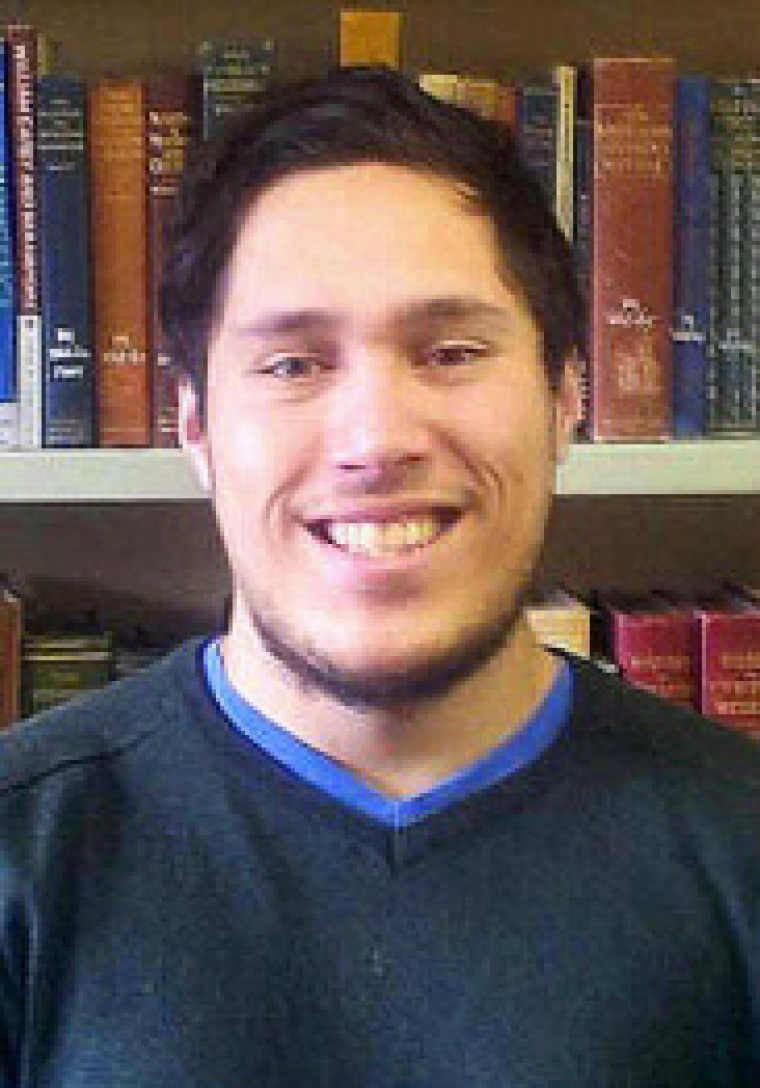
I read Joy Cowley's memoirs recently, Joy Cowley is a very well known and loved New Zealand author with an absolutely firm and warm handle on the written word and storytelling.
In reflecting upon the task of compiling her memoir she said it is like asking a riverbed to name all the stones that give it its shape. I believe her point being that to name a thing is really to attempt to frame it, and she found her life which was one of beauty, story, depth and hard work to be a hard one to frame simply.
The same is true of our journey with God.
My group of friends and I often use language such as "I am not very good with God at the moment" or "I am not in a good place with God, I'm not being faithful to God, I don't know where God is"
While these descriptions sometimes help give others a vague reference for where we are in relation to God, they never quite describe the journey in its entirety.
They also assume a linear ultimately progressive nature to our relationship to God; one that is constantly moving either forward, backward or not at all.
I have found that this lexicon fails my faith journey. At times I often feel more like a swimmer in a world of oceans, swinging my arms past my ear like my dad taught me, only to be swept up in a current taking me to frigid shores, surrounded by water, yet unquenchably thirsty. Born for land, but cast adrift.
Crisis of faith are not born out of our inability to describe our faith in succinct accurate terms, they are born out of struggles of humanity becoming close to divinity.
However crisis of faith are made all the more troublesome by the way we describe them, because of the prescriptive nature of words.
When we name something, we give it meaning, we place upon it our associations with the words we use to frame it. When I say I am suffering, it may evoke ideas in you of loss, hurt, selfishness, and intolerance for pain or spiritual immaturity.
The point being that how we describe these things, colours our response to them. I have been struggling with my faith since I found it, and I find that the phrases we use to describe the supposedly all too common whispers of doubt and uncertainty good Christians shudder to mention are met with reticent and reluctant responses.
Fluid as raindrops
Words can be as fluid as Raindrops, becoming lost in the beauty of the thing they are a part of, or they can be as hard as concrete, confirming beyond any contestation the state of a thing, the state of my faith or lack thereof.
As someone who struggles, I wish for better words to describe our journeys, because even journey fails to capture the breadth and perils of walking across deserts, jungles, forests, up rivers, down rivers, through hearts of mountains and out the other side.
In pursuit of those new words, Joy Cowley's story lingers in my mind, reminding me that things might not get better in the way we understand them to, but things do and will inevitably change.
So on days where we fear God does not exist, or on days we fear God does. I hope we remember that our lives are rivers, made up of more things than we can name, giving us shape, charting our paths of carving cracks through solid rock, stumbling fearfully over cliffs, into dark oceans, bubbling into spring rains and winter snows.
Now when people speak to me of their doubts and fears I will not think them distant from God or near him, I will be able to reassure them that rivers run through the best and worst parts of life, our hope and our chance is that our river has not yet run its course.

Trent Hohaia is a graduate from Te Whare Wananga o Waikato with a Bachelors degree in Tikanga Maori and Sociology. Fond of embellishments and sometimes outright lies, Trent is in love with his people, and is on a journey of restoration and development for Maori in Aotearoa..
Trent Hohaia's previous articles may be viewed at http://www.pressserviceinternational.org/trent-hohaia.html